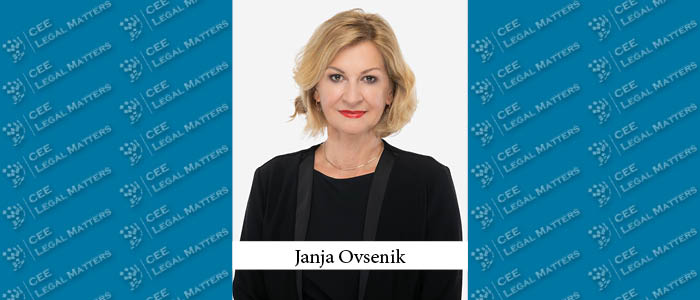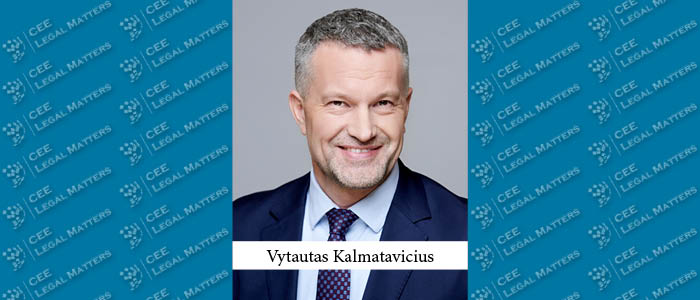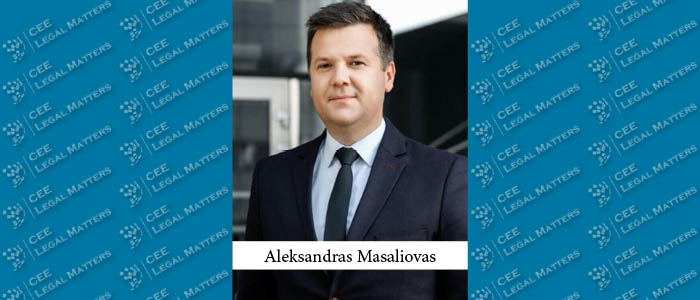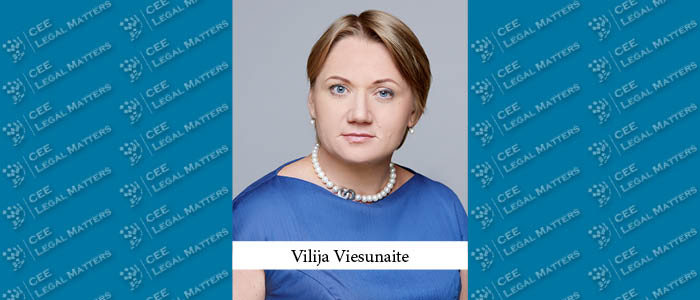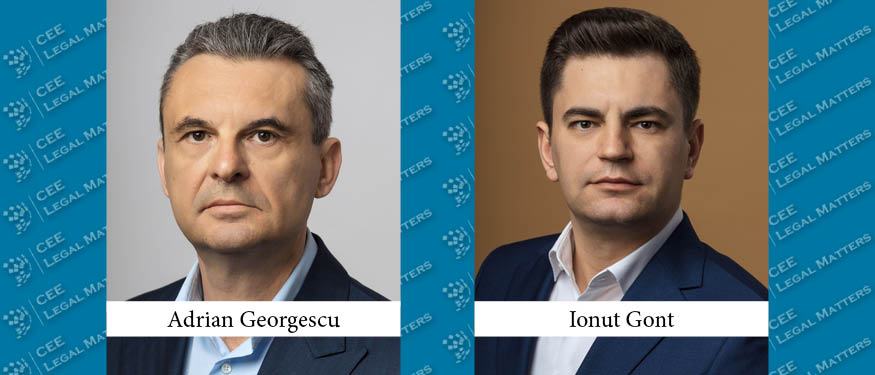How tax residence is determined is one of the key tax issues that dictate in which country an individual’s worldwide income will be taxed. Primarily, tax residence is determined by domicile and center of economic and personal interests. Uncertainty arises when the decision cannot be made on the basis of residence alone and the economic and personal interests are not in the same country.
Albania: New Income Tax Law to Trigger Potential Market Distortions
“Taxation according to income is the most effective instrument yet devised to obtain just contribution from those best able to bear it and to avoid placing onerous burdens upon the mass of our people.” – Franklin Roosevelt.
Hungary: Tendencies in Tax Procedures
I’ve always been very interested in trends and statistics, and recently have been looking at potential trends in applications for a legal award. Based on the call for submissions, you can apply in six categories, which include, of course, very trendy topics such as data protection, digital solutions, and ESG, the more traditional ones of M&A and intellectual property, but for the sixth consecutive year, there is a tax law category. Moreover, not only does such a category exist, but the number of applicants is outstanding.
Montenegro: A Favorable Taxation Environment
Excellent economic independence, monetary stability, and a steady tax structure in Montenegro, together with the Government’s customs and fiscal incentive measures, are attracting many foreign investors.
Ukraine: Technological Innovation in Taxation
In light of the ongoing war with Russia, Ukraine is leveraging technological innovations to fortify its taxation system, ensuring efficiency and transparency. Two notable initiatives – electronic residency and electronic excise tax stamps – will transform how business is conducted and taxes are collected in the country.
Poland: National e-Invoicing System – A Revolution for VAT Payers
The summer of 2024 will mark the starting point of a revolution for VAT payers in Poland. Following global and EU trends, Poland will introduce mandatory structured invoicing for B2B transactions.
Bosnia and Herzegovina: Specifics of the Tax System
The first thing that comes to mind when discussing the tax system in Bosnia and Herzegovina is the complexity of the regulations governing the practical implementation of tax laws. This complexity stems from constitutional provisions that regulate the jurisdiction of institutions at the level of Bosnia and Herzegovina, entities, or even cantonal authorities. Therefore, for a better understanding, it is essential to make a clear distinction between direct taxes (income of individuals, profit of legal entities, property) and indirect taxes (VAT, excise taxes).
Bulgaria: A Deep Dive into Taxation of Crypto-Assets
The sweeping digital transformation has significantly changed the economic and financial landscape, and at the heart of this change is the emerging phenomenon of cryptocurrencies. With this innovative fusion of finance and technology, the pertinent question of how to tax these new assets arises. Bulgaria, like its global counterparts, is grappling with the complexities of this issue. Dive in for an in-depth look at Bulgaria’s approach to taxing crypto assets.
Lithuania on the Path to Energy Independence
Many might be surprised these days, but when Lithuania joined the EU in 2004, it was an electricity exporter, producing more energy than it consumed. The Ignalina Nuclear Power Plant was operational, and Lithuanian consumers were unaware of potential concerns over electricity prices.
Revised Labor Migration Rules in Lithuania
The regulatory framework of the Lithuanian labor market underwent several important updates. Most of these developments are concerned with regulating labor migration.
An Overview of Intellectual Property Practices in Lithuania
Lithuania’s intellectual property (IP) market is active in the area of trademarks and copyright, with businesses and creators starting to understand the value of IP protection. This trend does not yet extend to patents, but trade secrets are a highly litigated area, and their protection is broader than ever.

